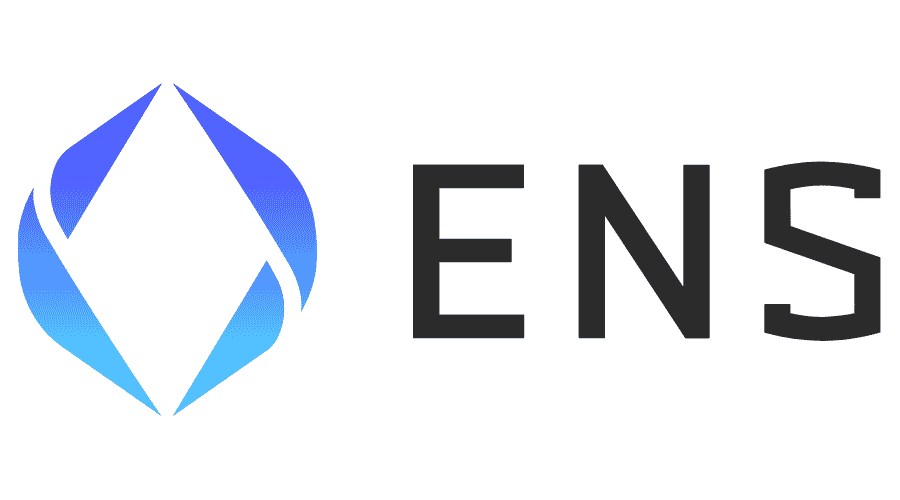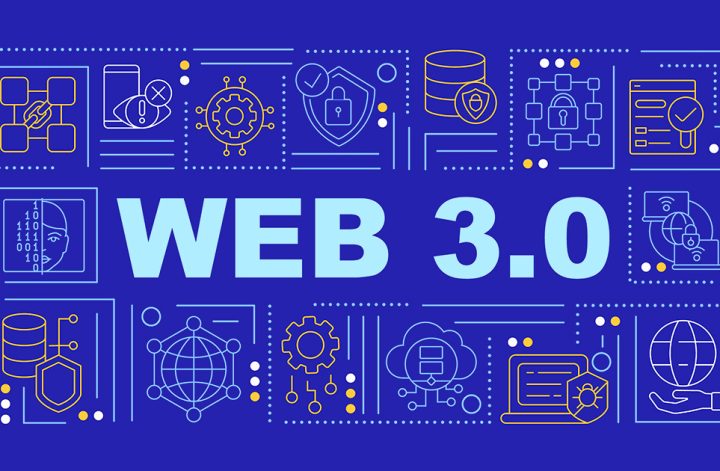Web 3.0 has become a buzzword, gaining public attention and confidence because of its decentralization, scalability, and security. Various companies around the world are fighting for the early mover advantage. As a result, there are some that stand out among the rest.
Let’s look at some top web3 companies and how they use decentralization to disrupt traditional industries and create innovative solutions.
1. Uniswap

Uniswap, a decentralized exchange (DEX) built on the Ethereum blockchain, boasts a $1 billion+ valuation and a daily trading volume of around 640 million. Uniswap is the leading decentralized exchange in Web3 in terms of trading volume.
Uniswap has a simple and friendly user interface, a big plus since people find it hard to deal with the ever-changing technologies in the digital world today. It has also partnered with significant wallet providers and integrated major DApps in Web3.
Uniswap is a one-stop shop for almost all DeFi-related needs. It has a wide range of token pairs for trading. But beyond that, it allows users to create and trade custom tokens, enabling them to build and launch their own decentralized applications (DApps) on the platform.
Of course, such a decentralized protocol would need liquidity to carry out its activity. Uniswap’s liquidity pool model allows users to provide liquidity to the platform and earn a return on their assets while making it easy for other users to buy and sell tokens on the forum.
Uniswap provides users with various trading tools and analytics, including real-time price charts and market data, to help them make informed trading decisions.
2. Lens Protocol

One of the industries that Web3 is disrupting is social media. With the distributed and decentralized power of Web3, Lens protocol is one of the leading social Web3 protocols that restore power to the creators.
Stani Kulechov, the founder of the popular DeFi protocol called Aave, founded Lens at a point when the current CEO of Twitter, Elon Musk, fired him from the platform without proper due diligence.
At the moment, Lens is the Web3 competitor of Twitter, with a current numerical strength of almost 100k active users.
The first unique thing about Lens protocol is that it does not censor people like centralized social media do. That means the creators or users are entirely responsible for their data and content.
Second, they own their profile. Unlike Web2, where the users will have a different number of followers on each platform, Lens protocol gives the creators the liberty of owning their followers and profile.
As a result, they can import them to other decentralized social media swiftly.
3. Ethereum Name Service (ENS)

The Ethereum Name Service (ENS) decentralized naming system allows users to map human-readable names to Ethereum addresses and other resources.
ENS is built on the Ethereum blockchain and operates similarly to the Domain Name System (DNS), which is the system that maps domain names to IP addresses on the internet.
Users can register a name on ENS by selecting a name and paying a fee to the ENS registry contract. The name must be unique and adhere to certain naming conventions.
After registering a name, the user can link it to an Ethereum address or other resource. It is done by setting the address as the “resolver” for the name. When someone else wants to access the Ethereum address or resource associated with the name, they can use ENS to resolve the name to the correct address.
ENS uses a hierarchical naming structure, similar to DNS, which allows users to create subdomains and organize their resources. For instance, a user can register the name “james.eth” and create a subdomain “photos.james.eth” to link to their photo gallery.
ENS provides a user-friendly way for users to map names to Ethereum addresses and other resources, making it easier for people to find and interact with smart contracts and other blockchain-based resources.
4. Alchemy

Alchemy is a blockchain infrastructure and developer platform that aims to provide developers with the tools and resources they need to smart contracts on the Ethereum blockchain. It offers developers a suite of products and services, including a wallet, API, and analytics platform.
Developers use the Alchemy platform to build and deploy their DApps on the Ethereum blockchain. The platform provides developers with tools and resources to assist them in managing the development process, which includes testing, debugging, and deploying their DApps.
Alchemy also provides a wallet that allows users to securely store, manage, and interact with their Ethereum-based assets. The wallet integrates with the Alchemy API, enabling developers to build custom integrations and interactions with the wallet.
The Alchemy API gives developers access to a range of blockchain data and functionality, including information about transactions, smart contracts, and blocks on the Ethereum blockchain. Developers can use the API to build custom integrations and applications on the Ethereum blockchain.
The Alchemy analytics platform provides developers with insights and analytics about their DApps, including user engagement, usage patterns, and performance.
Alchemy aims to provide developers with the tools and resources they need to build, deploy, and manage DApps on the Ethereum blockchain. It offers a range of products and services, including a wallet, API, and analytics platform, to help developers build and grow decentralized applications.
Conclusion
Web3 space is fast evolving as it is making life easier for people. Many fascinating and innovative companies are based in the web3 domain, using decentralization and blockchain technology to disrupt old industries and offer new solutions.
The top web3 companies described above are pioneering the use and development of this technology, and it will be interesting to observe how they continue to define the future of the digital world.



